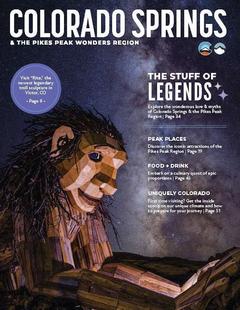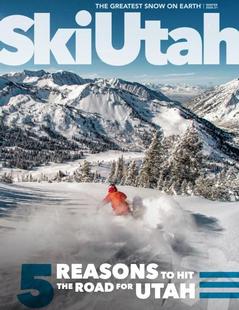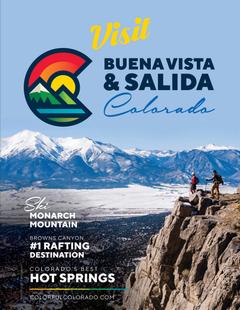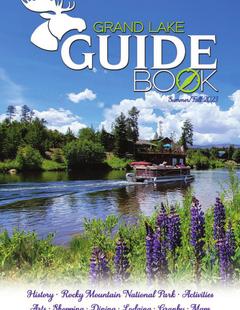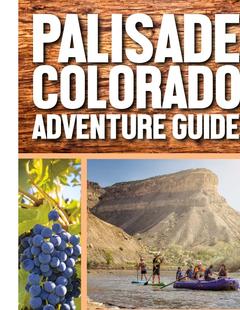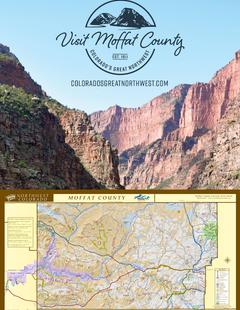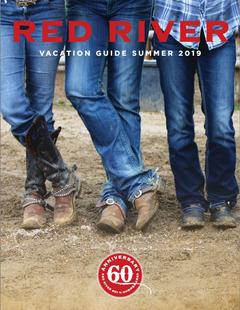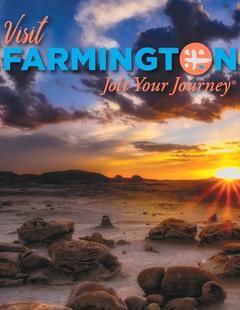Contact Info
19316 Goddard Ranch Ct.
Morrison, CO 80465
- Phone:
- 303-275-5610
Basics
- Length:
- 500 miles
- Difficulty:
- Easy,
Intermediate,
Difficult - Time:
- Multi-Day
- Trailhead Elevation:
- 5500 feet
- Elevation Range:
- 5500 feet to 13240 feet
- Elevation Change:
- 7740 feet
- Season:
- Summer to Fall
Description
The Colorado Trail fulfills the dreams one expects of a trail which connects 500 miles of Colorado's magnificent mountains. It crosses eight mountain ranges, seven national forests, six wilderness areas and five river systems. The trail winds from wild rugged terrain to serene and pristine surroundings.
The Colorado Trail is high and mighty, because of the tremendous changes in elevation and the ecological diversity of the area it passes through. It is diverse, therefore demanding. Most of the trail is very high, above 10,000 feet. Many areas are above 12,000 feet, with the highest point being 13,240 feet.
Imagine the sight and smell of wild flowers, changing into different smells and sights as your ascent reaches timberline. Inspect the beauty of the tundra and notice the hardiness of those plants and the fragility of the ecosystem spread before you. Your sense will be sharpened, enabling you to become more in tune to the beauty of the natural environment and more aware of the creatures whose territory you are sharing.
Details
Length:
Difficulty:
Intermediate
Difficult
Time:
Trailhead Elevation:
Elevation Range:
Elevation Change:
Season:
Additional Details:
Hikers of any ability can enjoy the Colorado Trail. People from across the nation and around the world enjoy the diversity the Colorado Trail offers. The majority of the trail was designed with grades of no more than 10%. Enjoy a casual day hike with the family or plan a formidable backpack trip penetrating the backcountry of the trail for many miles.
The Colorado Trail is suited for hiking, horseback riding, running, llama trekking or mountain biking. Remember though, mountain bikes are not allowed in the wilderness areas. Opportunities exist along the length of the trail for fishing, wildflower and wildlife viewing, photography, climbing, and more. These and other activities are also described in the guidebook.
Plan ahead and prepare. A variety of gear is necessary to protect you from the extremes of weather which can occur of the Colorado Trail. Always carry extra clothing, especially waterproof rain and wind shells. Gloves, hat, leg coverings, extra socks and appropriate foot wear are essential. Sturdy hiking boots, completely broken in are recommended for the longer high altitude trips. Lightweight boots are fine for less intense day hikes. Other essential items to bring are a minimum of one quart of water, sunscreen, sunglasses, and food. And don''t forget a map of the area.
Allow 6 to 8 weeks to hike the entire trail. It can also be done in 4 to 6 weeks on horseback and 4 weeks for biking. For mountain bikes, alternate routes around wilderness areas are listed in the guide books and must be used.
Supplies are often not easily accessible once you are on the trail. You can mail light weight dried food to general delivery in towns you expect to pass through. Local zip codes for communities along the trail are listed on the map. Denver and Durango, of course, have adequate supplies for lengthy excursions.
Rain and snow storms can be violent and frequent at higher elevations. Hypothermia, caused by cold and/or exhaustion, can occur even in the summer. Above timberline, lightning can be very real danger. Avoid ridges and exposure in a storm, and never stand under a tree in an electrical storm. Being high on the Colorado Trail exposes you to great risk of sunburn. Take great care to apply sunscreen appropriately. There are no shelters provided from weather hazards so take care to plan your excursion to the high country.














